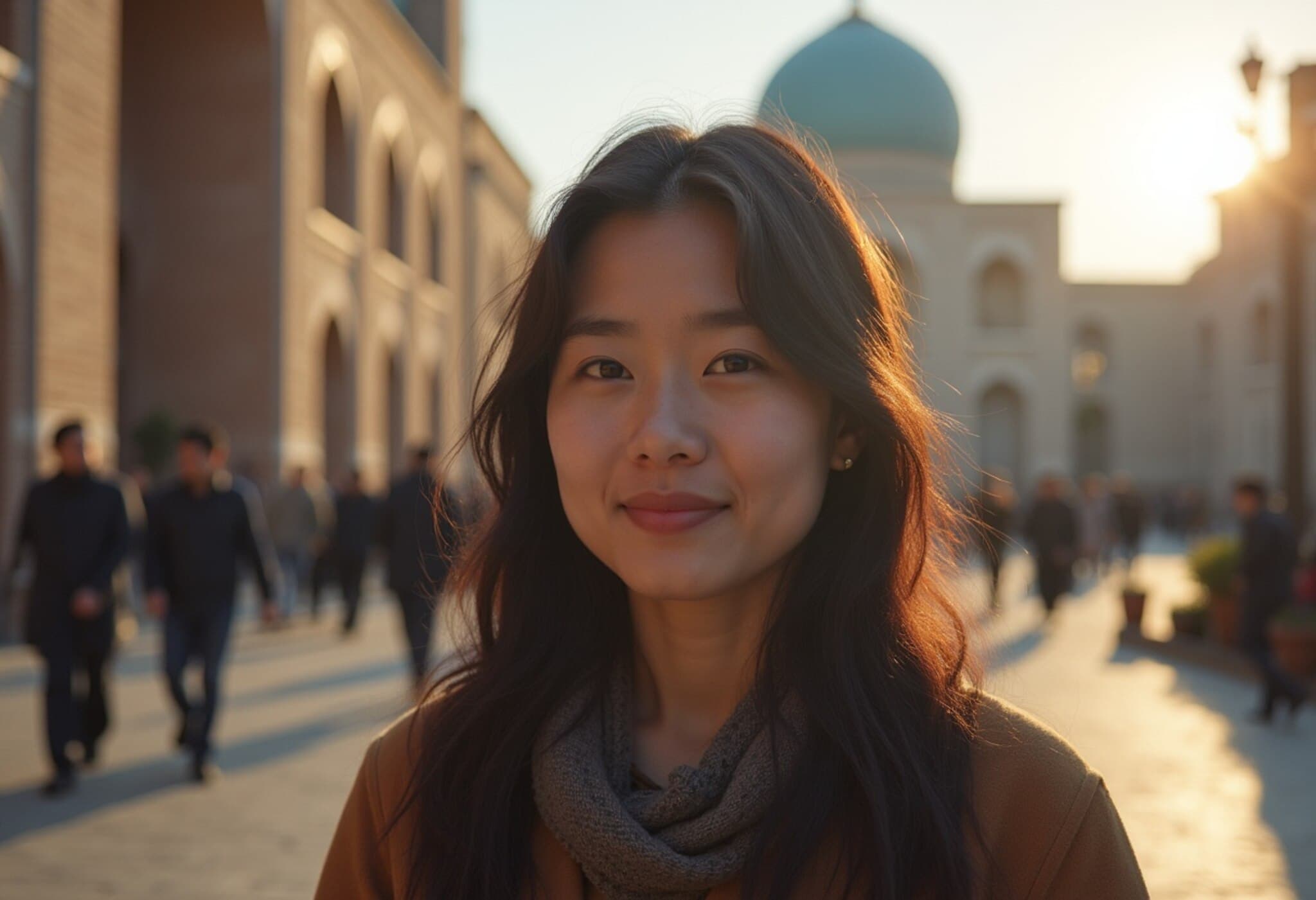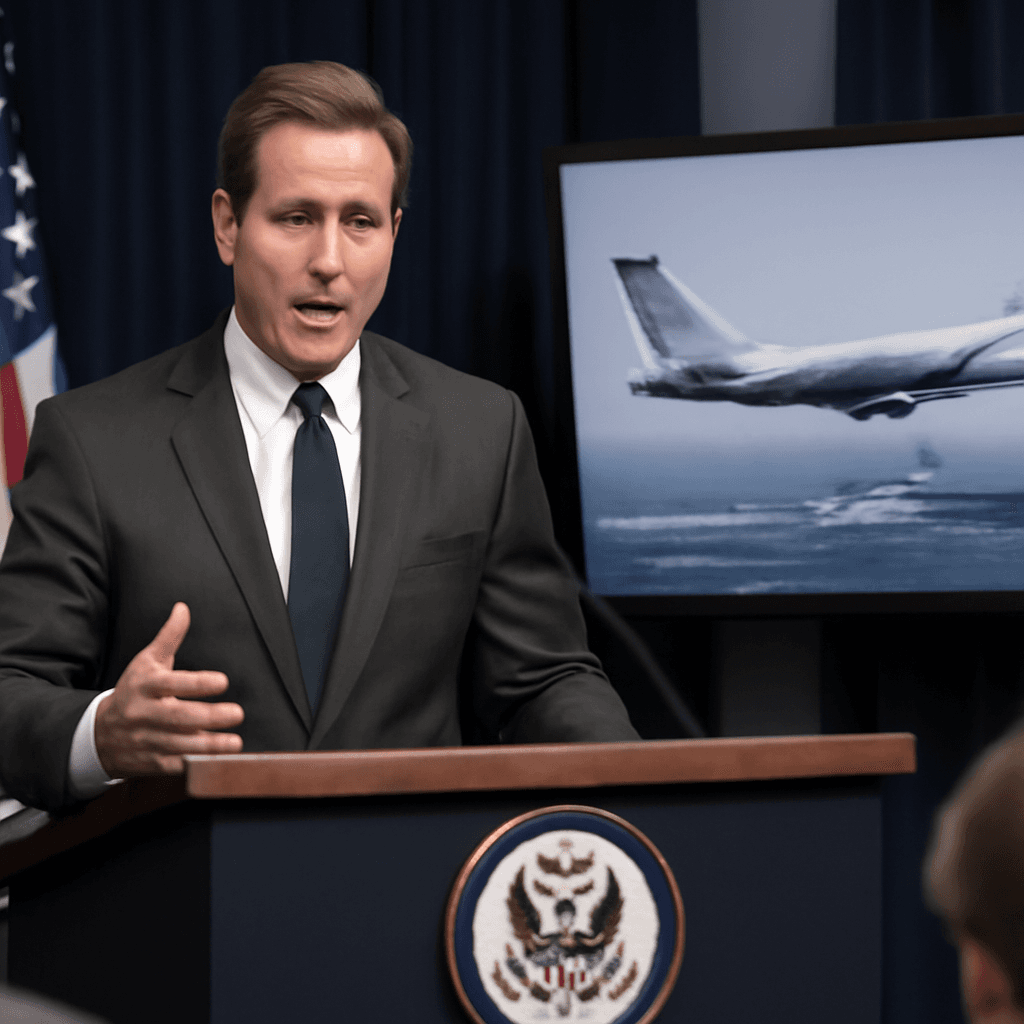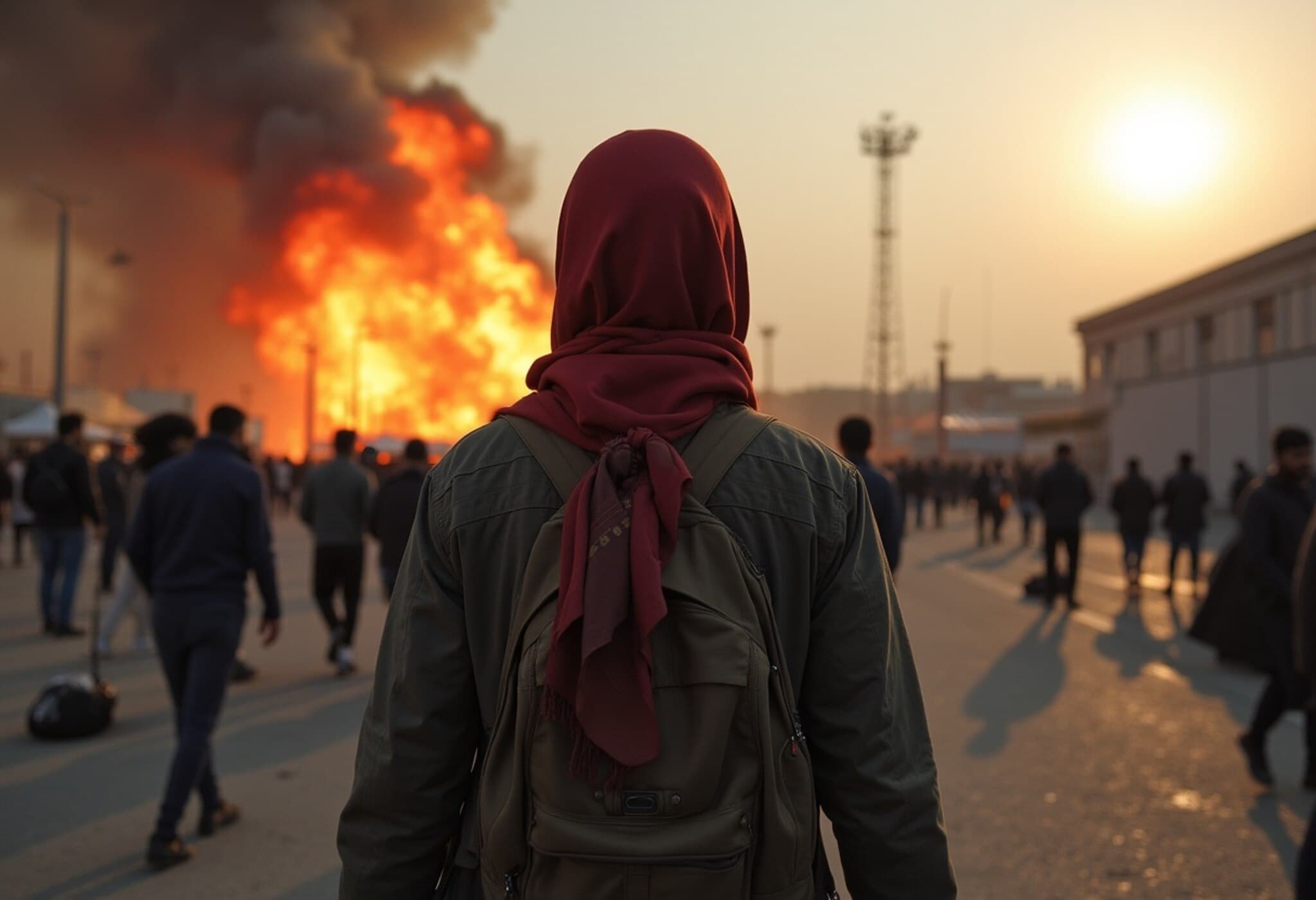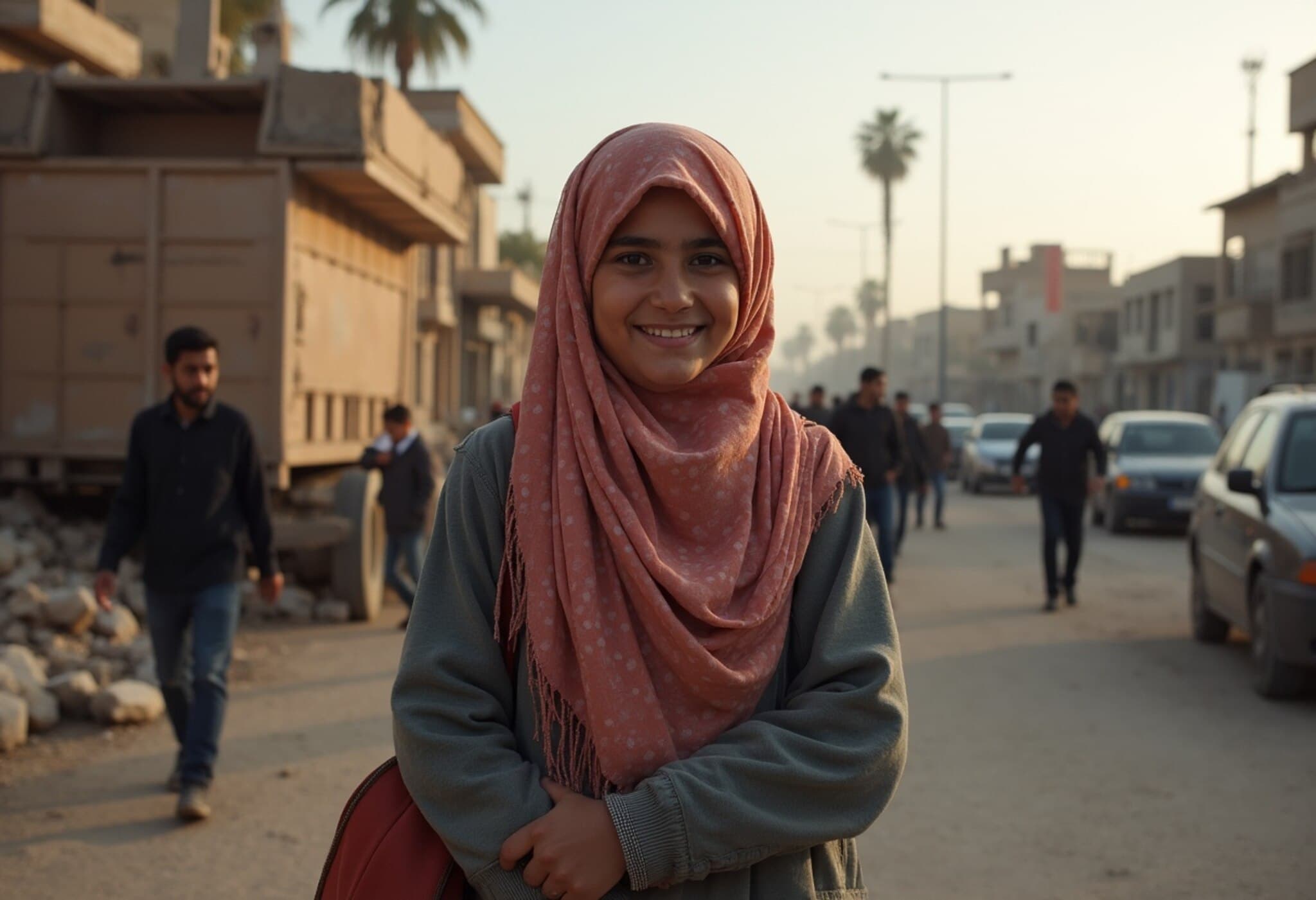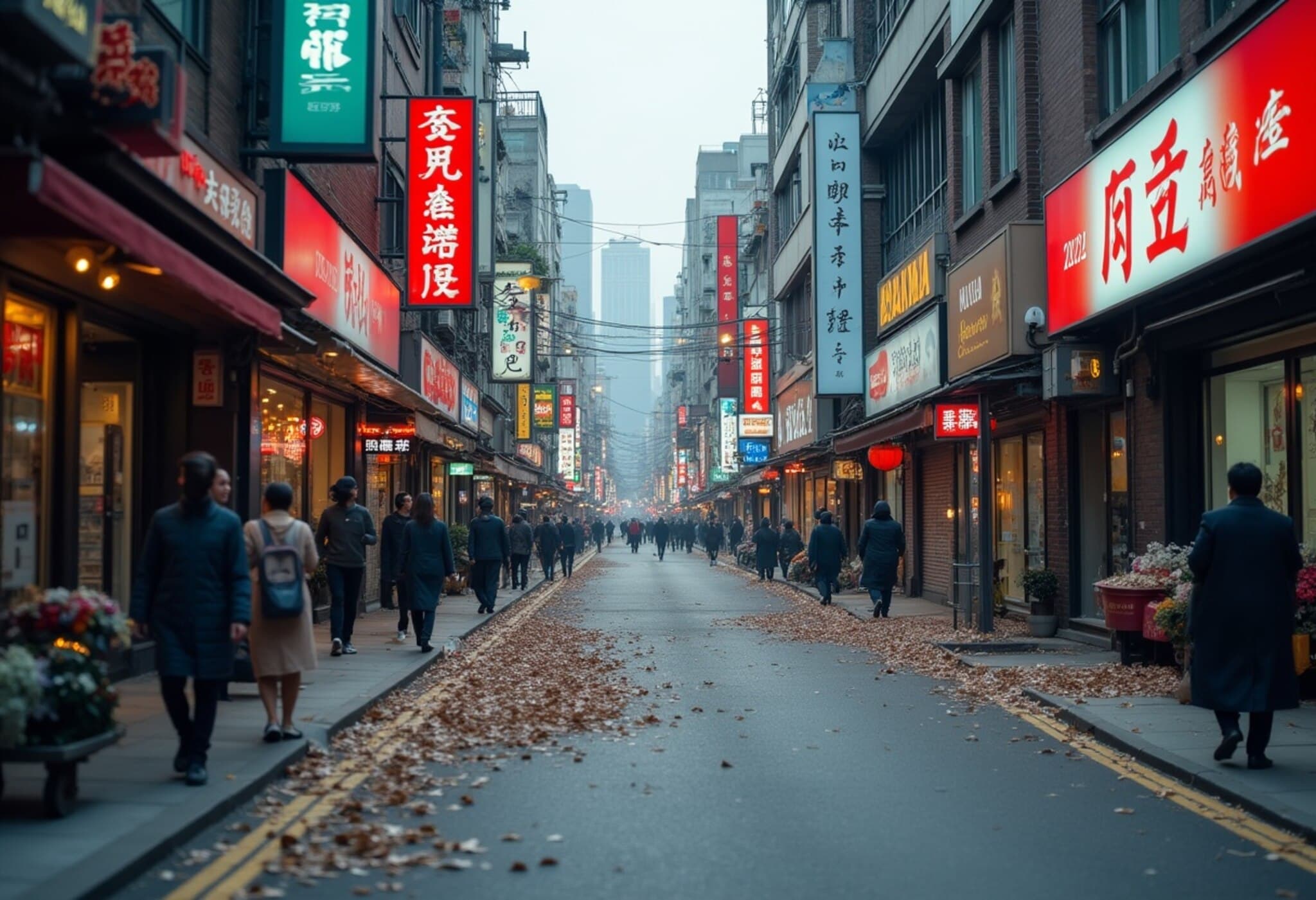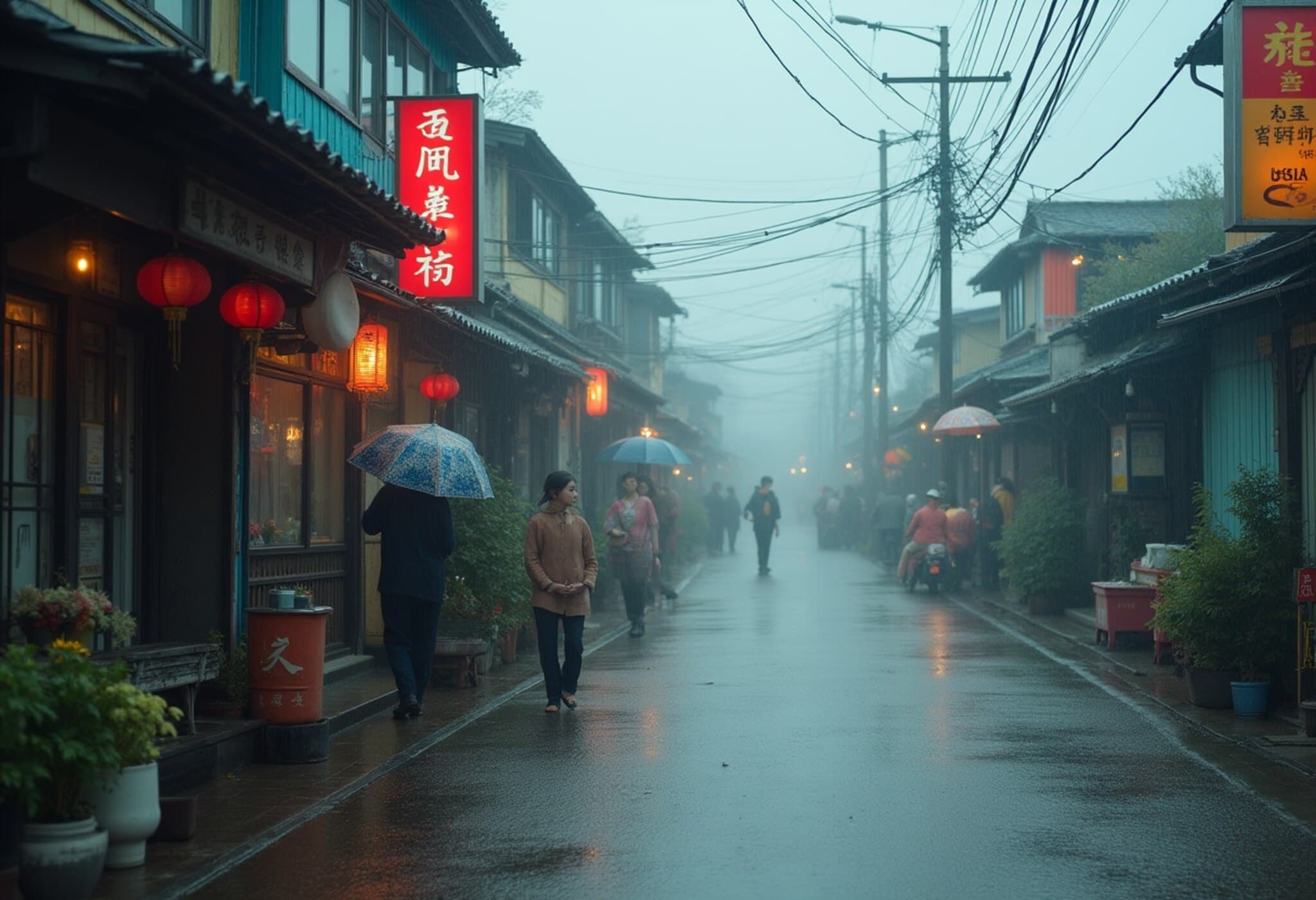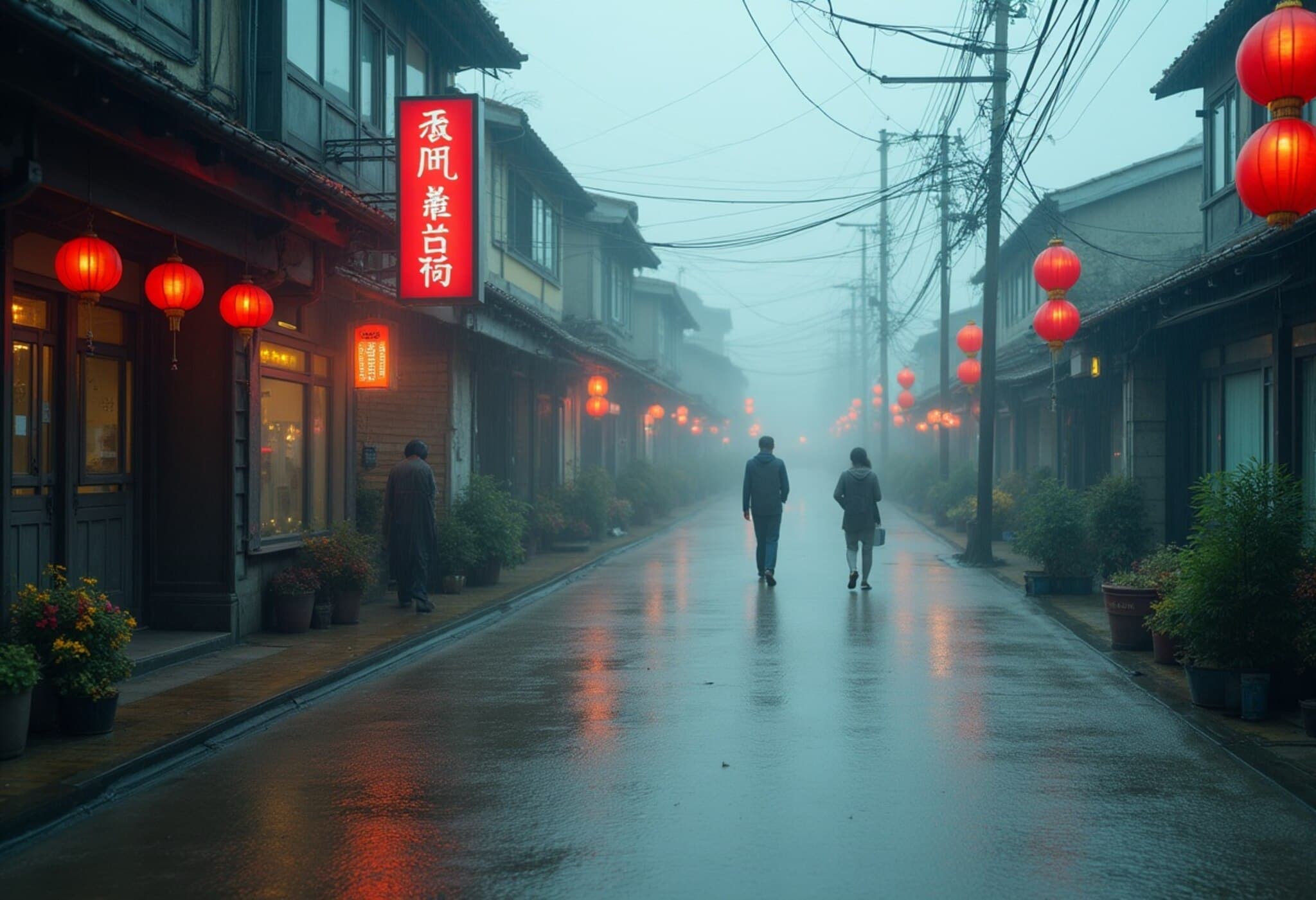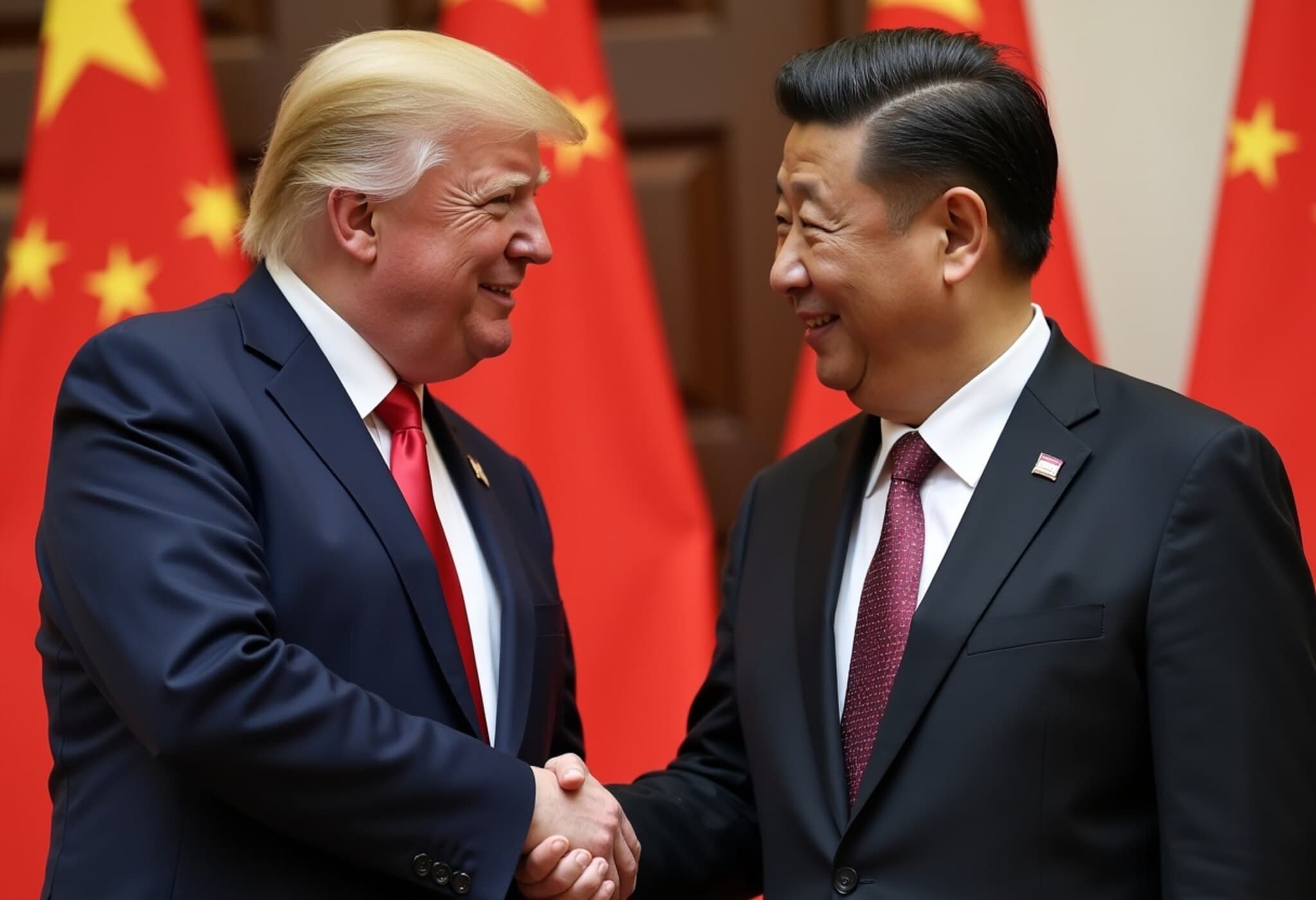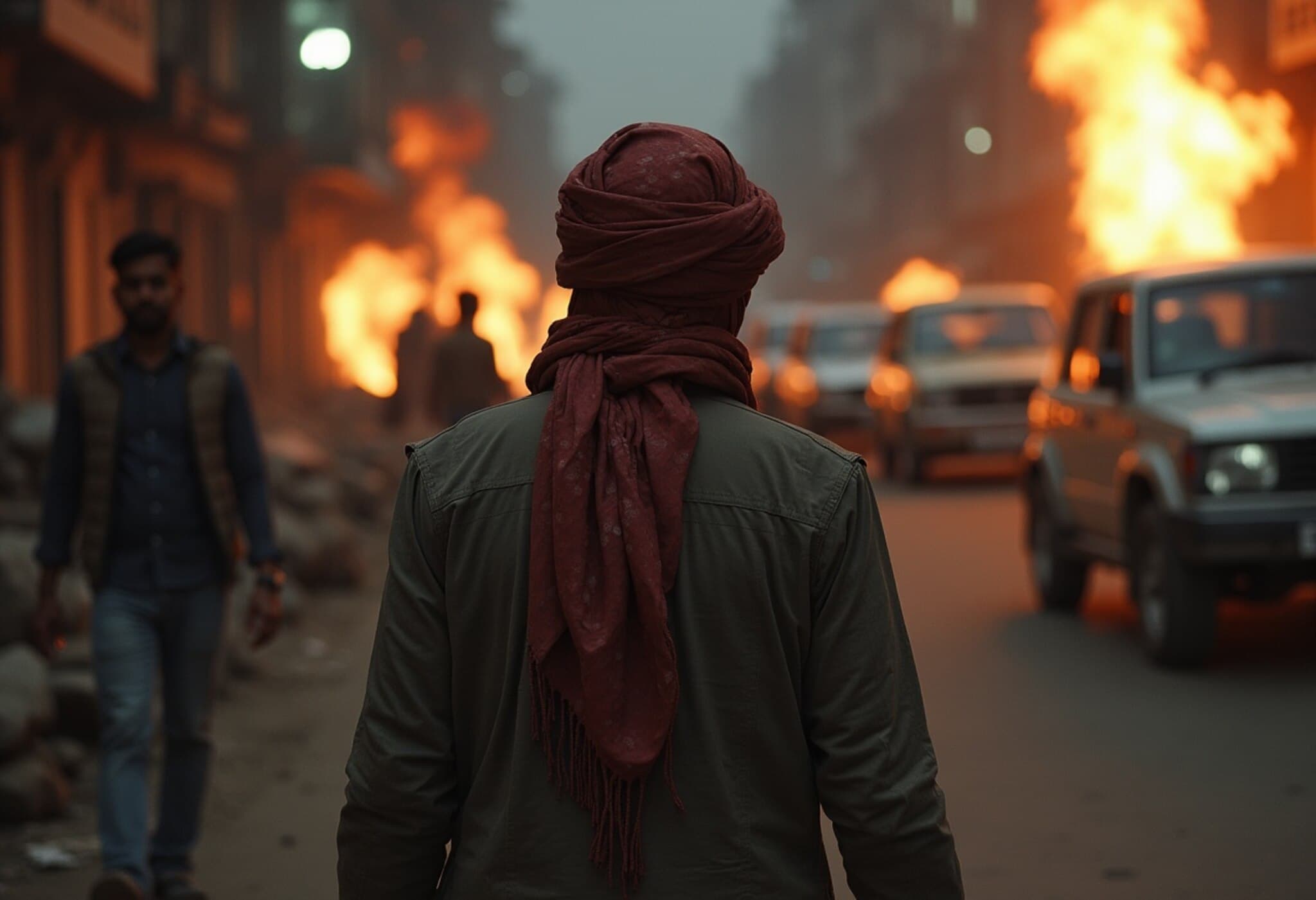A Brave Journey Through Conflict: Ariel Kang’s Solo Escape from Iran
When 24-year-old Taiwanese solo traveller Ariel Kang Chengxuan arrived in Isfahan, Iran, she sought only to admire the breathtaking Persian architecture, particularly the renowned blue domes that grace the city’s mosques. However, what awaited her was far more than cultural immersion — it was a front-row seat to a volatile geopolitical crisis that would test her resilience and spirit.
From Wanderlust to Conflict Zone
Kang, an experienced backpacker with trips to 51 countries under her belt in just three years, never anticipated her Iranian adventure would coincide with the outbreak of a significant military conflict. Beginning June 13, 2025, escalating Israeli airstrikes targeted Iranian sites, igniting a 12-day period of intense fighting that sent shockwaves through the region. Despite initial reassurances and a calm facade—markets open and daily life seemingly uninterrupted—the reality struck hard on June 14 while watching the evening news with her host family.
"We were so shocked to see the missile attacks," Kang recounted. Though she recognized the missiles targeted governmental installations rather than civilians, the threat lingered. "You need strong nerves to handle everything thrown at you," she said, reflecting the turbulence she faced in a country where political tensions can quickly turn dangerous.
The Heart of Iranian Hospitality Amid Crisis
What sets Kang’s story apart is not just her escape but the profound connections she forged with locals amid uncertainty. Using a couch-surfing platform, she stayed in homestays, which became her lifeline. Iranians’ warmth defied the strife surrounding her—strangers on the street would use translation apps to warmly remind her, "You are my guest." Even as plans to travel north evaporated due to road closures and safety concerns, Kang found solace in simple moments—sharing homemade bread, tea, and Chinese dishes like malatang with her host family.
104 Hours to Freedom: The Long Journey Out
On June 15, Kang began her painstaking departure. She boarded buses from Isfahan to Tehran, navigating police checks, including being asked to wear a headscarf, and unsettling scenes such as black smoke near the capital city. Gunfire echoed every ten minutes, underscoring the urgency of her escape.
Her route sprinted through Iran, spanning Tehran to Tabriz, then Maku, before crossing into Turkey. The full escape demanded patience, endurance, and trust in the kindness of strangers, ultimately consuming 104 hours. From Istanbul, she flew back to Taiwan, carrying with her the memories of an intense and transformative journey.
What Kang’s Story Tells Us About Travel in Conflict Zones
Ariel Kang’s experience poses important questions about the nuances of global travel today. Despite official advisories like those of the U.S. State Department cautioning against Iran due to security risks, Kang's decision to venture there stemmed from genuine curiosity and respect for culture. It highlights the complex interplay between geopolitical unrest and individual agency.
Her story also underscores how the human spirit makes itself known even in the darkest times—the hospitality and warmth she encountered show how cultural bridges endure beyond politics.
Expert Analysis: Safety, Preparedness, and Ethical Travel
From a policy and travel safety perspective, Kang’s ordeal reveals the essential need for comprehensive situational awareness and rapid contingency planning for travellers in politically sensitive regions. It also places a spotlight on the responsibility of governments to provide timely and nuanced travel advisories.
Moreover, her narrative invites reflection on media portrayal of conflict zones. Not all stories focus solely on violence; many also reveal resilient communities and acts of kindness, which are vital perspectives for balanced journalism.
Conclusion: A Journey Marked by Courage and Connection
Ariel Kang’s escape from Iran amid Israeli airstrikes is a testament to the power of adaptability, the kindness of strangers, and the human desire to pursue understanding across borders, even under threat. While her experience underscores real physical dangers in travel, it equally celebrates the indomitable spirit of cultural exchange and empathy.

